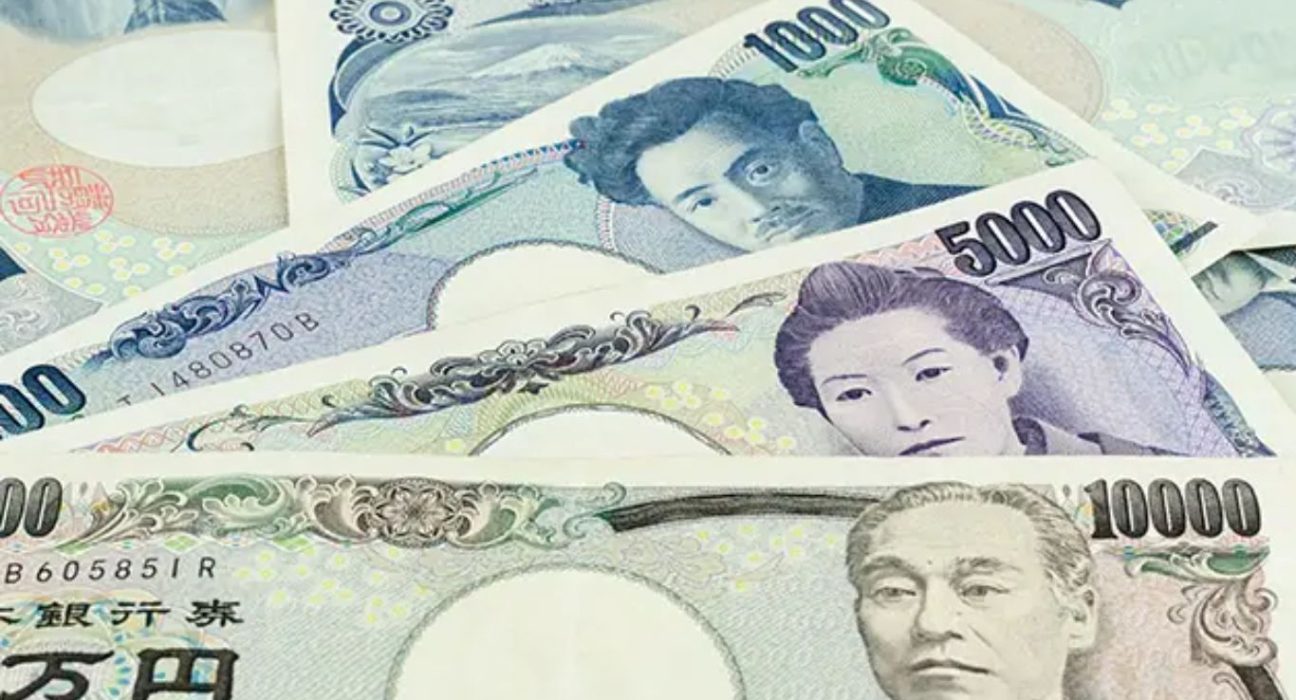Introduction
In a highly volatile trading session in New York, traders were left grappling with rapid market swings as the Japanese yen faltered against the US dollar, sliding by 1.13%. The sharp movement, described as “whipsawing,” comes as market participants digested a crucial decision that has significant implications for global financial markets. In this article, we will delve into the reasons behind this sudden yen depreciation, the impact it may have on the foreign exchange landscape, and the broader economic consequences that may unfold.
Decision Triggers Volatility
The Japanese yen’s sharp weakening against the greenback was triggered by a pivotal decision that sent shockwaves through the financial markets. The nature of this decision is yet to be specified, but it seems to have sparked uncertainty and heightened trading activity. As traders attempted to make sense of the situation, the foreign exchange market witnessed substantial fluctuations, causing the yen to lose its ground against the US dollar.
Understanding Whipsawing
The term “whipsawing” refers to a scenario in which the price of an asset experiences rapid and severe swings in opposite directions. In the context of the Japanese yen’s recent performance, this means that the currency’s value was oscillating considerably within a short period. Whipsawing is often a consequence of conflicting sentiments and uncertainty in the market. In such instances, traders are prone to react hastily, exacerbating the fluctuations and intensifying market volatility.
Factors Behind the Yen’s Depreciation
While the specific decision that triggered the yen’s weakening is not mentioned in the initial report, there could be several factors contributing to this outcome. Geopolitical events, central bank interventions, changes in economic indicators, or unexpected policy shifts can all have substantial impacts on currency values. In the absence of detailed information, market analysts and experts will be closely monitoring these and other relevant factors to assess the situation’s underlying drivers.
The Greenback’s Strength
Another critical aspect of the yen’s depreciation is the greenback’s strength. The US dollar, commonly referred to as the greenback, is a major global reserve currency and a safe-haven asset during times of uncertainty. The strength of the dollar can have a profound effect on other currencies, and in this case, it appears to have put pressure on the Japanese yen. Factors influencing the dollar’s strength may include the state of the US economy, interest rates set by the Federal Reserve, and the US’s global economic and political standing.
Implications for Global Markets
The sudden weakening of the Japanese yen against the US dollar has far-reaching implications for global financial markets. As Japan is one of the world’s largest economies, any fluctuations in its currency’s value can impact trade, investments, and international financial stability. Export-oriented Japanese companies may find themselves in a more competitive position due to a weaker yen, potentially boosting their profits. However, importers and consumers in Japan could face higher costs for foreign goods, which may lead to increased inflationary pressures.
Trade Relations and Economic Impact
The depreciation of the yen can also influence trade relations between Japan and its partners. A weaker currency may make Japanese exports more attractive to foreign buyers, leading to potential trade surpluses. However, it may also invite accusations of currency manipulation and prompt responses from other countries to protect their own industries. Additionally, investors and businesses operating in Japan or dealing with Japanese partners may face uncertainties caused by volatile exchange rates, potentially affecting investment decisions and long-term economic planning.
Government and Central Bank Response
In response to the yen’s depreciation and its potential consequences, the Japanese government and the Bank of Japan might take measures to stabilize the currency and support economic growth. Central banks can intervene in the foreign exchange market to influence currency values, or they may adjust monetary policies to address the economic challenges posed by currency fluctuations. Such actions can have significant impacts on financial markets, and their effectiveness often depends on the broader economic context and market sentiment.
Conclusion
The whipsawing movement of the Japanese yen against the US dollar in the New York afternoon session has left traders and market participants on edge. While the specific decision triggering this rapid depreciation remains undisclosed, the implications are extensive and deserve close attention. Factors such as the strength of the greenback, trade relations, and government responses all play a pivotal role in shaping the future trajectory of the yen and its impact on global financial markets. As the situation unfolds, market participants and analysts will closely monitor developments to navigate the uncertainties and seize opportunities that arise from these fluctuations.










